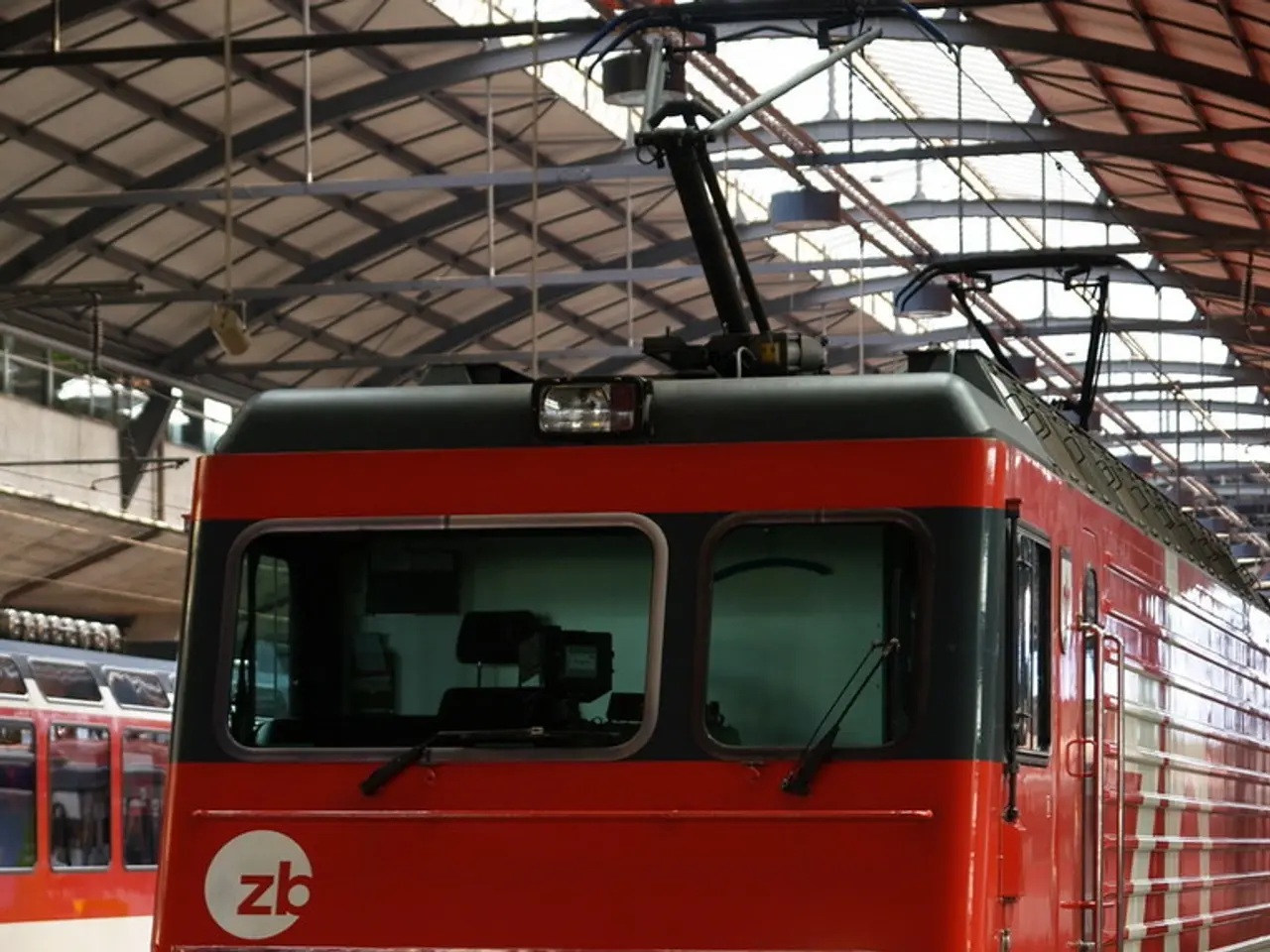Steel Industry Titan Issues Caution on Increasing Trend of State Re-ownership
In a forthcoming steel strategy, the Department for Business and Trade advocates for a commercially run steel sector, encouraging private investment. This shift in approach comes amidst concerns raised by industry figures and politicians about the state of Britain's steel industry.
Two of Britain's furnaces operate independently from Government control, with the remaining facilities under various forms of state influence or control. The electric arc furnace at Port Talbot, for instance, will receive partial funding from the state under a deal agreed by the Tory government.
Sir Andrew Cook, owner of steel firm William Cook, has been a vocal critic of the Government's handling of the steel industry. He has expressed concern about the dumping of cheap imports and the potential 'creeping renationalisation' of the sector.
In a recent statement, Sir Andrew Cook called on Ministers to limit state aid and focus on halting unfair foreign competition. He has also advocated for a 100% tariff on Chinese-made steel and the use of taxpayers' money for British steel in national infrastructure projects.
Sir Andrew Cook is not alone in his concerns. Tory business spokesman Andrew Griffith has blamed the steel industry crisis on Labour's failure to lower energy prices, citing 'impossible net zero targets' as a contributing factor.
British steel makers typically pay significantly more for electricity compared to their counterparts in France and Germany. This high energy cost is another point of contention for industry figures.
In April, Britain's last blast furnaces, at British Steel's plant in Scunthorpe, Lincolnshire, were seized from China's Jingye. Two electric arc furnaces in Rotherham, South Yorkshire, are under Government control due to a winding-up order against their owner, Sanjeev Gupta's Speciality Steel UK.
Only furnaces run by Celsa, in Cardiff, and Marcegaglia, in Sheffield, are free of state influence or control.
Sir Andrew Cook has also urged Ministers to remove green levies on carbon from steelmaking, arguing that such measures hinder the competitiveness of the industry.
The debate surrounding the future of Britain's steel sector continues, with calls for private investment, protection from cheap imports, and a re-evaluation of energy costs and green policies.
Read also:
- Understanding Hemorrhagic Gastroenteritis: Key Facts
- Trump's Policies: Tariffs, AI, Surveillance, and Possible Martial Law
- Expanded Community Health Involvement by CK Birla Hospitals, Jaipur, Maintained Through Consistent Outreach Programs Across Rajasthan
- Abdominal Fat Accumulation: Causes and Strategies for Reduction








